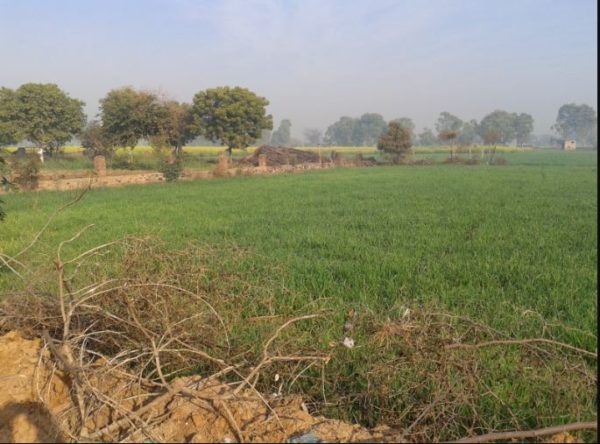The government of Tanzania has allocated 20,000 hectares of land that will be used to engage the youth in agriculture.
Anthony Mavunde, the deputy minister for Agriculture made the announcement and said the pilot program is intended to reduce unemployment facing most of the youth in the East African nation.
The 20,000 hectares of land have been made available in Chamwino and Bahi districts in the country’s central region of Dodoma. The pilot program will start to be implemented in July 2022 in the two districts before it is scaled up across the country.
Youth farming in Tanzania
Agriculture remains a cornerstone of the economy, providing 31% to GDP and contributing 24.9 percent of annual export earnings, in particular through the main export crops cashew, tobacco, sugar, coffee and cotton. Tanzania records a continuous agricultural sector growth and is considered largely self-sufficient in its main staple crop maize. Cassava, paddy, sorghum and bananas are the second most widely grown staple crops by farmers.
The National Youth Development Policy, the National Agriculture Policy and the National Strategy for Youth Involvement in Agriculture recognise the importance of the agricultural sector for the economy and its crucial role in improving living standards and alleviating poverty. Youth are considered to play a key role in the socio-economic development of Tanzania.
However they are also recognised as a vulnerable group because of limited livelihood opportunities and the negative perceptions of others about them. While the current youth cohort is better educated than their parents, increasing access to education has not been followed by an expansion of employment opportunities and there is currently a strong mismatch between newly created jobs in Tanzania and the number of young individuals who enter the labour market annually.









